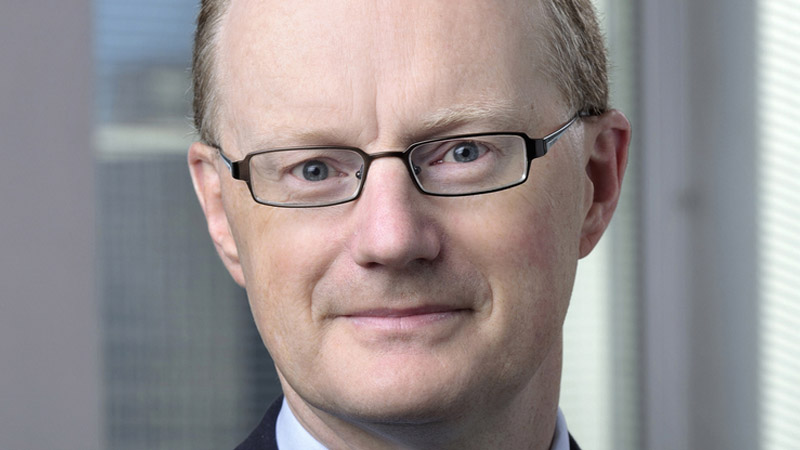Australia’s economy is ‘better than expected’: RBA
Australia is in a better economic position than a leading economist expected, although the upside scenario is not a position of economic strength, the Reserve Bank of Australia has warned.
During a Senate inquiry, Reserve Bank governor Dr Philip Lowe explained that it is “entirely possible” that Australian economic outcome could be better than expected.
Dr Lowe noted that despite being better than expected, it is important that governments continue to support the economy, with removing stimulus too early could negatively impact the economy.
However, despite being optimistic about Australia’s position in the market, he does not believe the worst is behind us, with Australia’s unemployment “shocking set of numbers”, which is likely to remain in the future.
He also explained that the central bank’s target of 2–3 per cent inflation is unlikely to be reached for a couple of years even in the best-case scenario.
Dr Lowe heightened his rhetoric around the need for fiscal stimulus to remain robust and for governments to enact reform because of the current uncertainty in the economy.
“I think it’s very important that we don’t withdraw the fiscal stimulus too early,” Dr Lowe said.
“Ending fiscal support could be damaging. But if the economy bounces back, then tailoring the fiscal support might be the right thing to do.”
However, a better than expected result does not mean the governor will change his strategy moving forward, nor does it mean Australia’s economy is in a strong position.
“Even in the upside scenario, we are going to have high unemployment for quite a few years, inflation is going to be low, lower than 2 per cent for a few years,” Dr Lowe conceded.
“So, even in an upside scenario, we talk about it being upside, but it is pretty depressing.”
Despite painting a gloomy picture of Australia’s economic outlook, the RBA governor also ruled out the likelihood of negative interest rates, stating it would hurt the financial sector as a whole.
“I think negative interest rates are extraordinarily unlikely,” he said.
“I don’t think negative interest rates work. The package we have so far is working. If we had to do more, we could buy more government bonds.”
He also noted that it has an adverse effect on consumer spending, which is the opposite of what the economy needs.
Dr Lowe noted that the JobKeeper flaw, which saw the government misinterpret the costing by $60 billion, could be due to the strength of the Australian economy.
“Well, the economy is doing a bit better than earlier feared. When the JobKeeper program was designed, people were talking about hundreds of thousands of infections and a hibernation of the economy for six months,” Dr Lowe stated.
“So, it is clearly better than expected, but it has not really affected our forecasts.”
Despite calls for fiscal support, the central bank believes that a wait-and-see approach is necessary before spending the additional $60 billion that the government previously budgeted for.
“Right now, I don’t think they do. But the issue will be in three or four months’ time. Are we getting a solid bounceback and are people getting jobs and the economy is rising again?” he said.
“If that is not happening because the virus re-emerges or if people are just incredibly nervous to go out and spend because of their health or their jobs, then the government will need to find more ways to support people.
“At the moment, it is plausible that the [JobKeeper] scheme could be tapered off. It is also plausible that further support could be needed.
“I think we need to be prepared to do more if it is necessary.”








